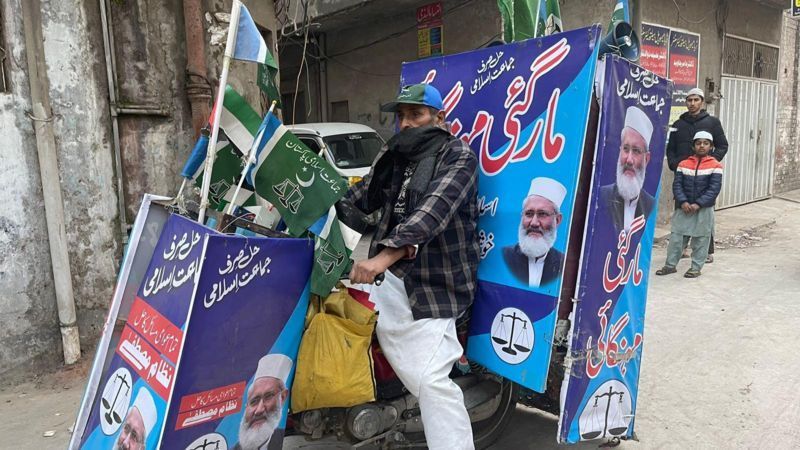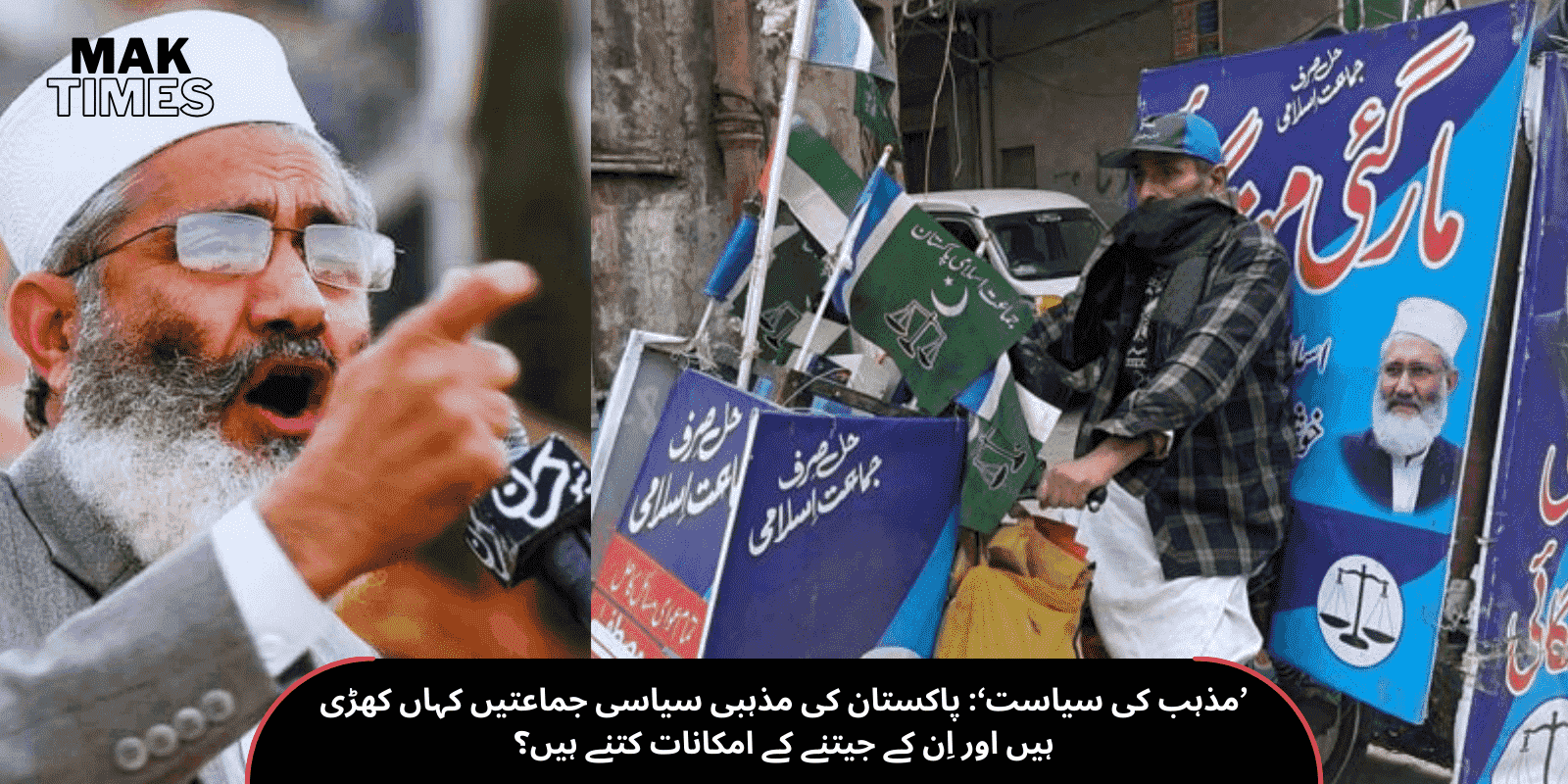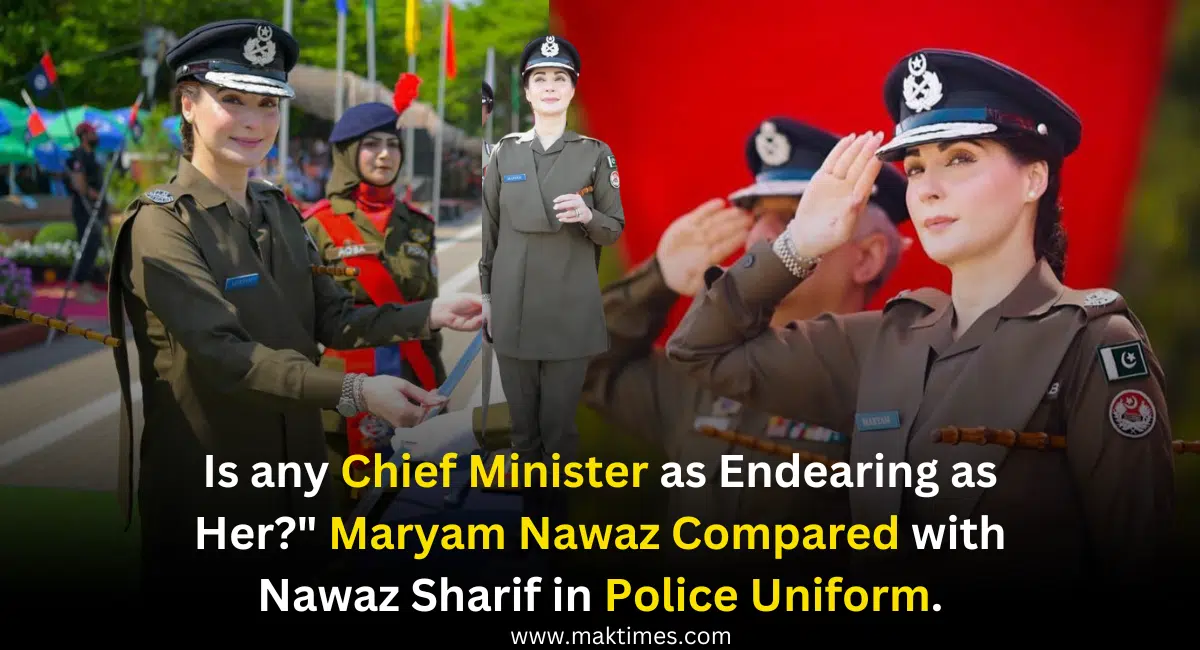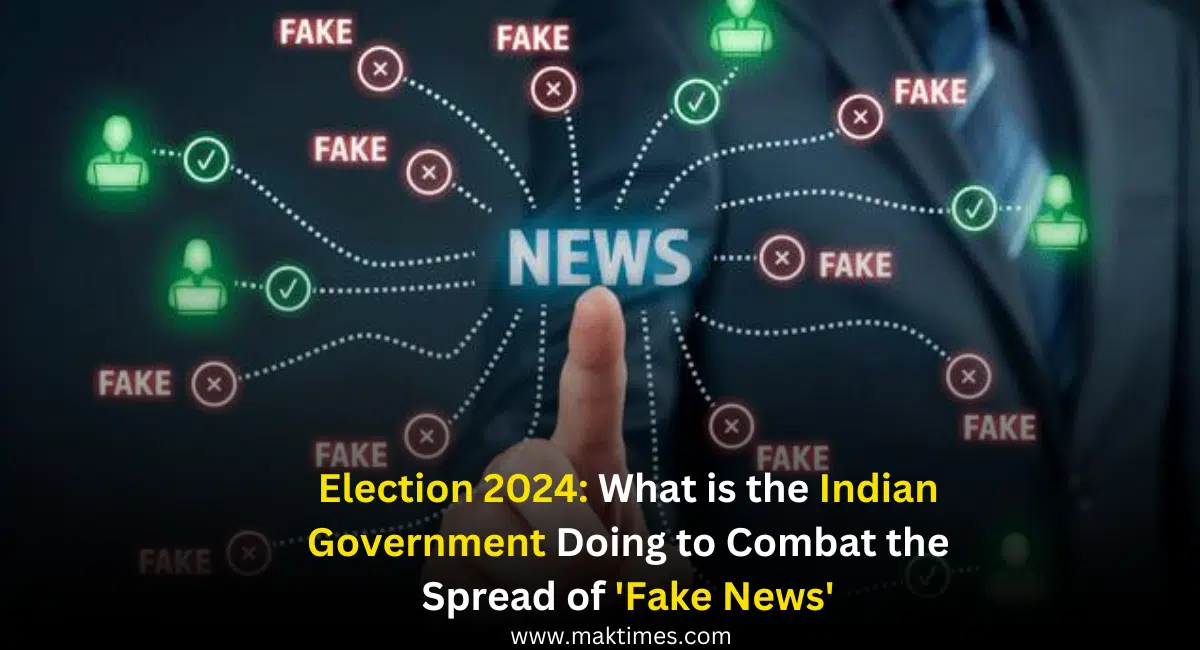It’s a chilly evening in Mansoora, a locality in Lahore, and hundreds of people have gathered in the mosque at the headquarters of Jamaat-e-Islami for the evening prayers. Among them is the Secretary-General of Jamaat-e-Islami, Amir-ul-Azim.
After the prayer, people on cars, motorcycles, and rickshaws form a rally-like procession in the nearby market, promoting their party for the upcoming elections.
Religion in Pakistani Politics: Insight into Jamaat-e-Islami’s Election Campaign
Jamaat-e-Islami is one of the religious parties participating in the general elections on February 8th. They have fielded a total of 774 candidates for both national and provincial assemblies.
Before diving into the election campaign, Amir-ul-Azim expressed to BBC, “We have close ties with the people here. We stand by them in both good and bad times. People have seen our work during the global pandemic, floods, and natural disasters. I am confident they will vote for us.”
He emphasized, “Our doors are open for everyone. We do not want Islam to be confined to people’s weddings, funerals, and divorces. We advocate for an Islamic political system in the country. If we come to power, things will change.”
Jamaat-e-Islami’s Political Landscape

Founded in 1941 by Islamic scholar Abul Ala Maududi, Jamaat-e-Islami has been a social and political movement since its inception.
This is the first time they are not forming alliances with other political parties but instead contesting elections independently. Despite participating in past elections and being part of federal and provincial governments, Jamaat-e-Islami has never emerged as a major political force.
Amir-ul-Azim explained, “In the past, Jamaat-e-Islami had different priorities. Initially, our focus was on spreading the message of Islam. We wrote literary books and took the message of Islam from Egypt to Africa. In the next phase, we committed ourselves to serving people at the grassroots level.”
“We established the charitable organization, Al-Khidmat Foundation, to serve the community. Now, our focus is on bringing Jamaat-e-Islami into mainstream politics. We might not have immediate success, but eventually, we will.”
Leading the Jamaat-e-Islami delegation, Amir-ul-Azim toured the market, distributing pamphlets and appealing for votes. Some people took selfies with him, while others complained about rising prices.
Addressing the voters, Amir-ul-Azim said, “We will eradicate corruption and the elite culture from the country. We will pull the country out of the economic crisis.”
Jamaat-e-Islami is known for its opposition to India and its alleged involvement in jihad in Afghanistan and Kashmir. However, Amir-ul-Azim states that resolving the issues in Kashmir and Palestine is the only viable solution.
The party has organized rallies in support of Gaza and has allocated a significant portion of its election funds for the cause. Yet, some analysts believe that Jamaat-e-Islami is attempting to reshape its fundamentalist image and present a new, more liberal political face.
Responding to such questions, Amir-ul-Azim said, “People used to think of us as fundamentalists who would cut hands if we came to power. Some believed we had support from the United States and were part of the military’s B-team.”
“Media has created this perception about us. Now, social media has given us a platform where we can tell people about ourselves and our ideology.”





